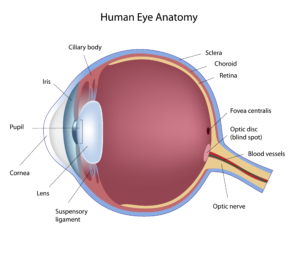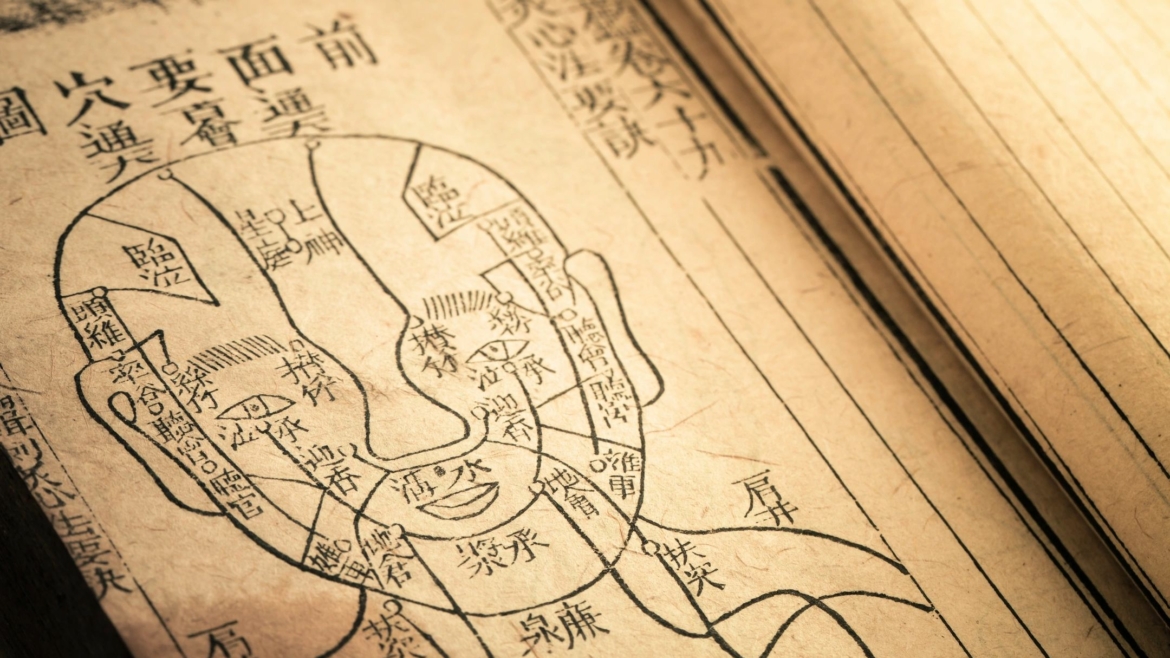Conditions that Can be Treated
Eye Disorders
Eye disorders involve change in vision, changes in the appearance of the eye, or changes in sensation in the eye. Eye symptoms typically develop because of a problem in the eye, but occasionally may indicate a problem elsewhere, particularly in the brain. Eye conditions are frequently related to health conditions in the rest of the body. In many cases, acupuncture can assist in improving and preserving vision. For serious eye conditions, it is important to be under the care of an ophthalmologist, optometrist, and/or medical eye specialist.
The most commonly treated eye disorders that can be improved with acupuncture include
- cataracts
- diabetic retinopathy
- dry eye
- glaucoma
- macular degeneration
- retinitis pigmentosa
Services: acupuncture, electro-acupuncture, traditional Chinese herbal medicine, clinical nutrition
Cataracts
The lens of the eye is normally clear. A cataract is a clouding of the lens. Most patients with cataracts are told that there is nothing they can do so they ignore it until it gets to the point that they have to have surgery. But if the cataracts are caught early enough, acupuncture, herbs, and supplements can slow and/or improve the condition.

Diabetic Retinopathy
Diabetic retinopathy occurs when high blood sugar levels cause damage to the blood vessels in the retina. It is a potentially blinding complication of diabetes, and in fact, it will affect approximately half of American’s diagnosed with diabetes.
With diabetic retinopathy, it is very important to manage the high blood sugar levels in order to prevent further damage. However, with timely treatment, 90% of diabetic retinopathy patients (even advanced cases) can be saved from going blind. Along with lifestyle modification, medication, proper diet, and herbal and nutritional supplementation, acupuncture can assist in helping those with diabetic retinopathy.
In fact, published medical case studies report “Results suggest that acupuncture plus herbal decoction had better therapeutic effect than Western medications alone” (“Treatment of Diabetic Retinopathy with Acupuncture plus Herbal Decoction: Clinical Observation of 40 Cases”) https://link.springer.com/article/10.1007/BFO2848395
Dry Eye
Acupuncture has been shown to improve symptoms of dry eye. In a recent study, acupuncture improved the symptoms of dry eye equal to artificial tears, but the acupuncture had the added benefit of increasing the “ocular surface disease index” or OSDI, and the improvements lasted until eight weeks after the treatments (“Acupuncture for the Treatment of Dry Eye: A Multicenter, Randomized, Controlled Trial with Active Comparison Intervention to Artificial Teardrops). https://www.ncbi.nlm.nih.gov/pubmed/22615787
Glaucoma
Glaucoma is a group of diseases that damage the eye’s optic nerve (usually due to abnormally high pressure in the eye) and can result in vision loss and blindness. Ophthalmologists typically only focus on keeping the intraocular pressure (IOP) low, and this is very important, buy IOP is only one causative factor of progressive vision loss in optic nerve atrophy or damage. There are many types of glaucoma. The most common type of glaucoma is open-angle glaucoma, with less common types including closed-angle glaucoma and normal tension-type glaucoma.
Acupuncture has been shown to improve open-angle glaucoma. In a recent study, manual acupuncture was used along with standard therapy on patient with open-angle glaucoma. After analyzing the data, researchers concluded “Acupuncture can improve the retrobulbar circulation and intraocular pressure (IOP), which may indicate the efficacy of acupuncture for open-angle glaucoma” (Short-term Effects of Acupuncture on Open-Angle Glaucoma in Retrobulbar Circulation: Additional Therapy to Standard Medication”). https://www.hindawi.com/journals/ecam/2011/157090/
Electro-acupuncture has been shown to be very effective for “normal tension type” glaucoma, but manual acupuncture should only be used in patient with high IOP. Once the IOP is regulated by the ophthalmologists, the patient can be treated with electro-acupuncture.
In a recent animal study, researchers concluded “Electro-acupuncture provides neuroprotection by preserving retinal function in rats with experimental glaucoma” (“Electro-acupuncture Provides a New Approach to Neuroprotection in Rats with Induced Glaucoma”) https://www.ncbi.nim.nih.gov/pubmed/15865499
Macular Degeneration
Macular degeneration (also known as age-related macular degeneration, or ARMD) is the leading cause of vision loss in the United States, affecting more than 10 million Americans. ARMD causes vision loss in the center of the field of vision. There are two types, dry and wet ARMD. In dry macular degeneration, the center of the retina deteriorates. In wet macular degeneration, leaky blood vessels grow under the retina.
Macular degeneration is one branch of a disease process that is based in cardiovascular disease. When dealing with ARMD, it is best to address the total health of the patient and lifestyle modification is a part of the treatment plan. Acupuncture has also been shown to have a beneficial effect on ARMD, and in one study it was shown to have an effective rate of over 88% (“Observation of Therapeutic Effect of Age-Related Macular Degeneration Treated with Acupuncture” https://ncbi.nlm.nih.gov/pubmed/21355157
Retinitis Pigmentosa
Retinitis Pigmentosa (RP) is a degenerative eye disease in which the back wall of the eye (retina) is damaged. It causes slow but progressive and permanent loss of vision. Currently, there is no medical cure for RP. However, new research shows acupuncture can have significant positive results for patients with RP.
In an interesting study published in 2014, patient were given ten standardized acupuncture treatments over a two week period. After the study, 50% of the patients had measurable, significant visual function improvement. Researchers concluded “Acupuncture entails minimal risk, if administered by a well-trained acupuncturist and may have significant, measurable benefits on residual visual function in patients with retinitis pigmentosa” (“A Pilot Study of an Acupuncture Protocol to Improve Visual Function in Retinitis Pigmentosa Patients”) https://www.ncbi.nlm.nih.gov/pmc/articles/PMC4018735/


